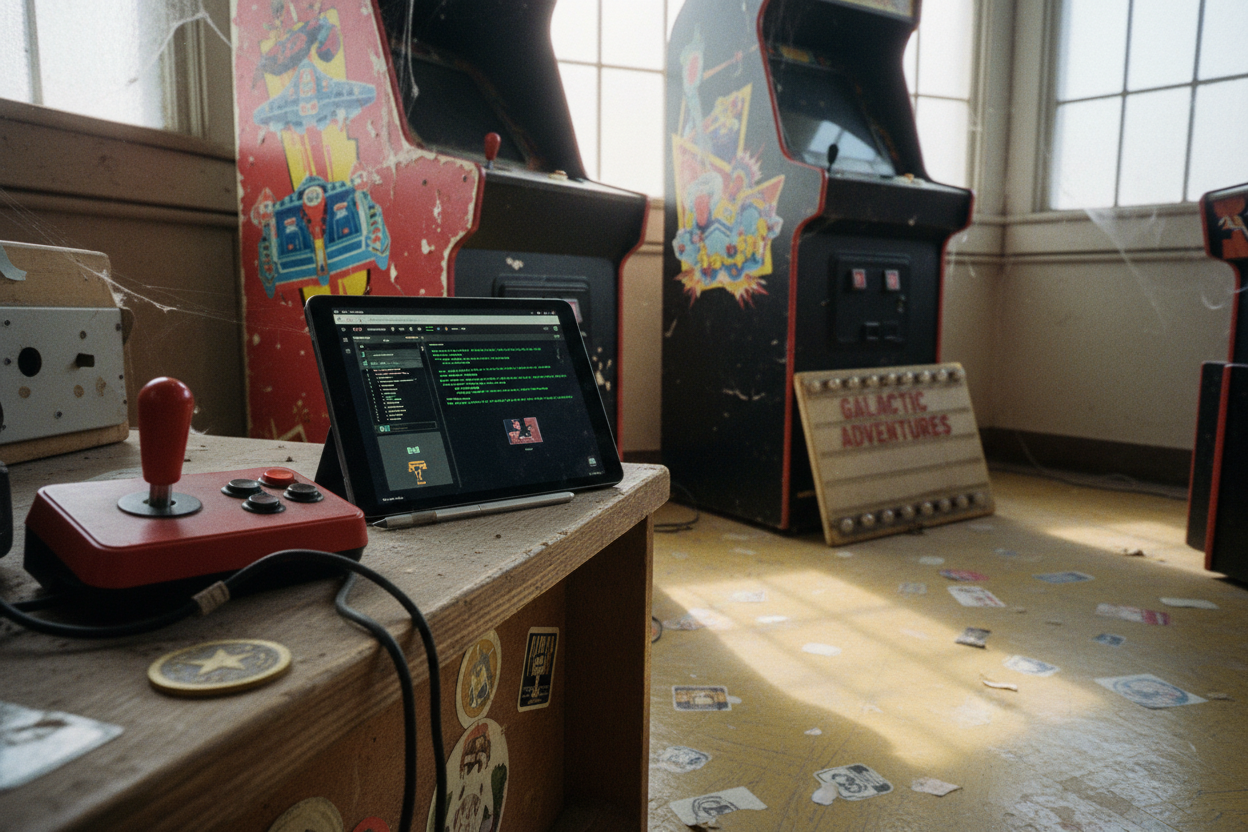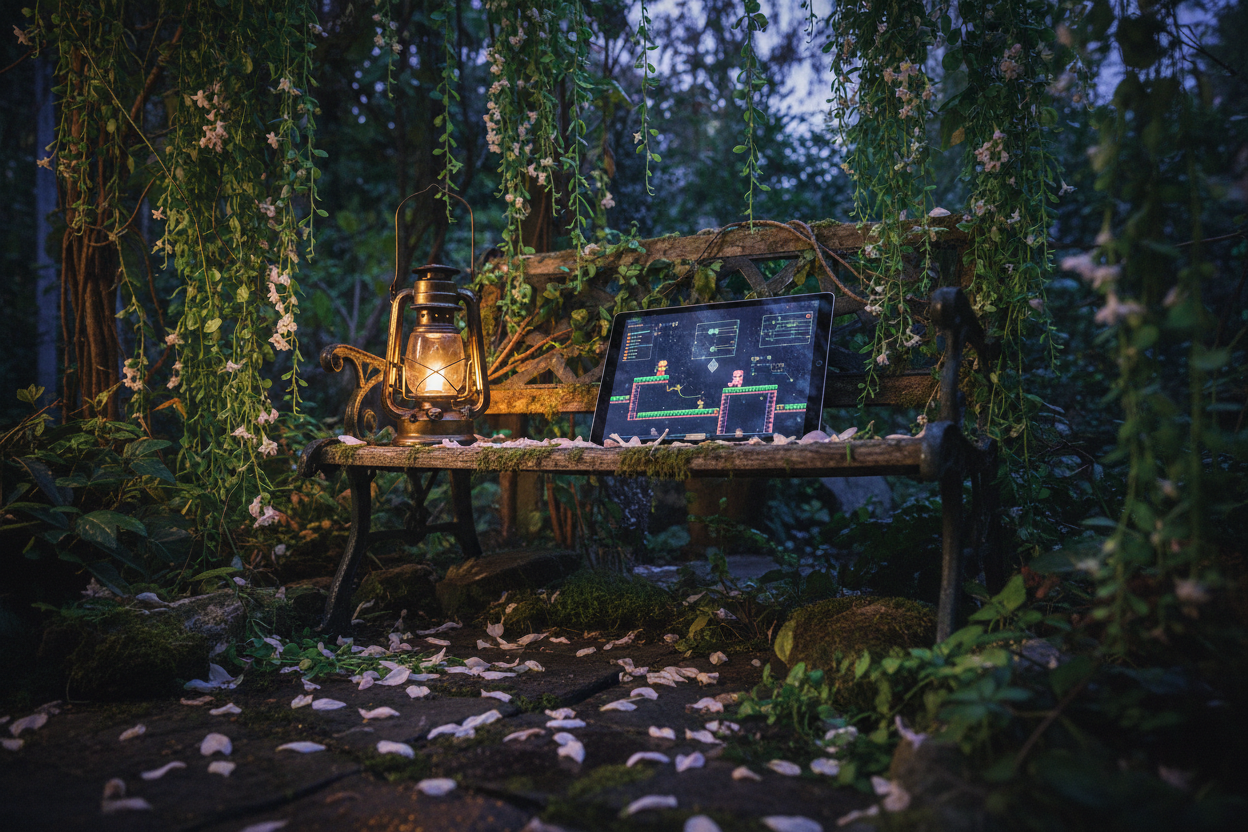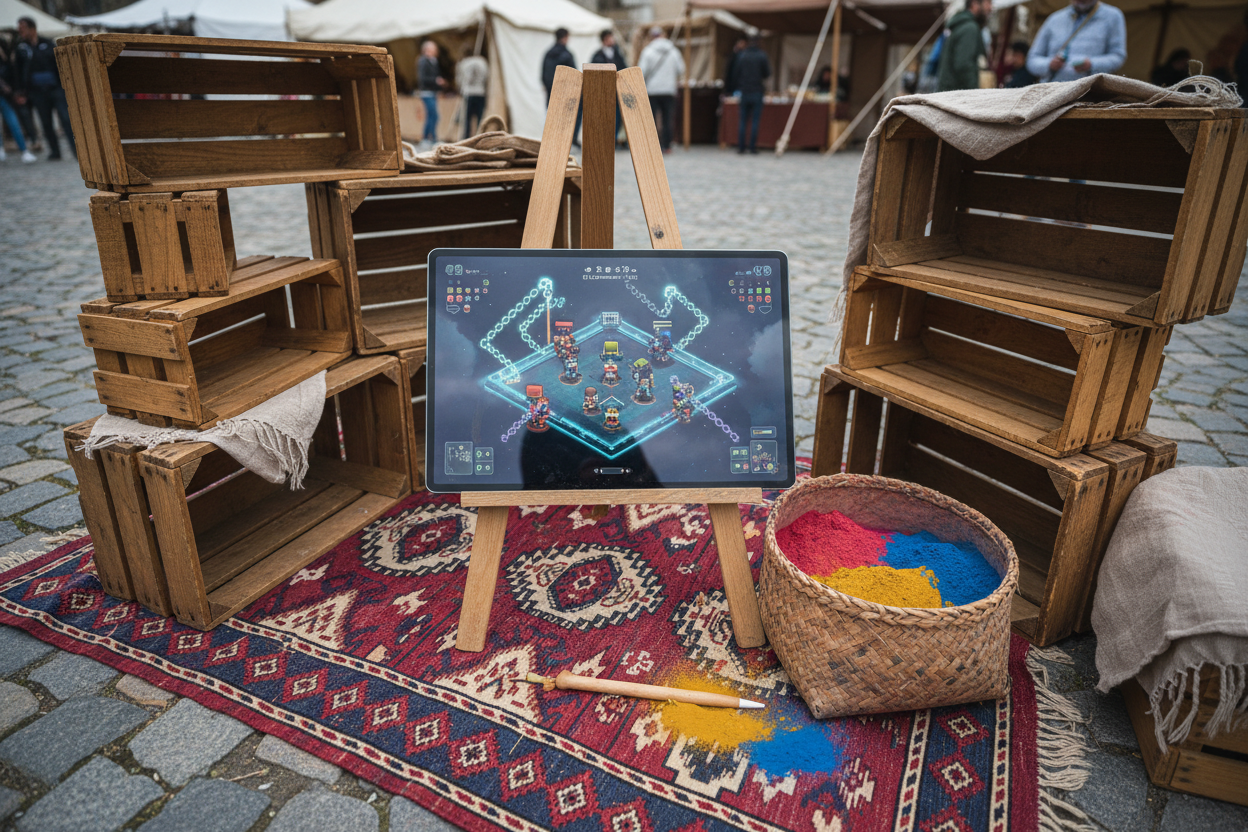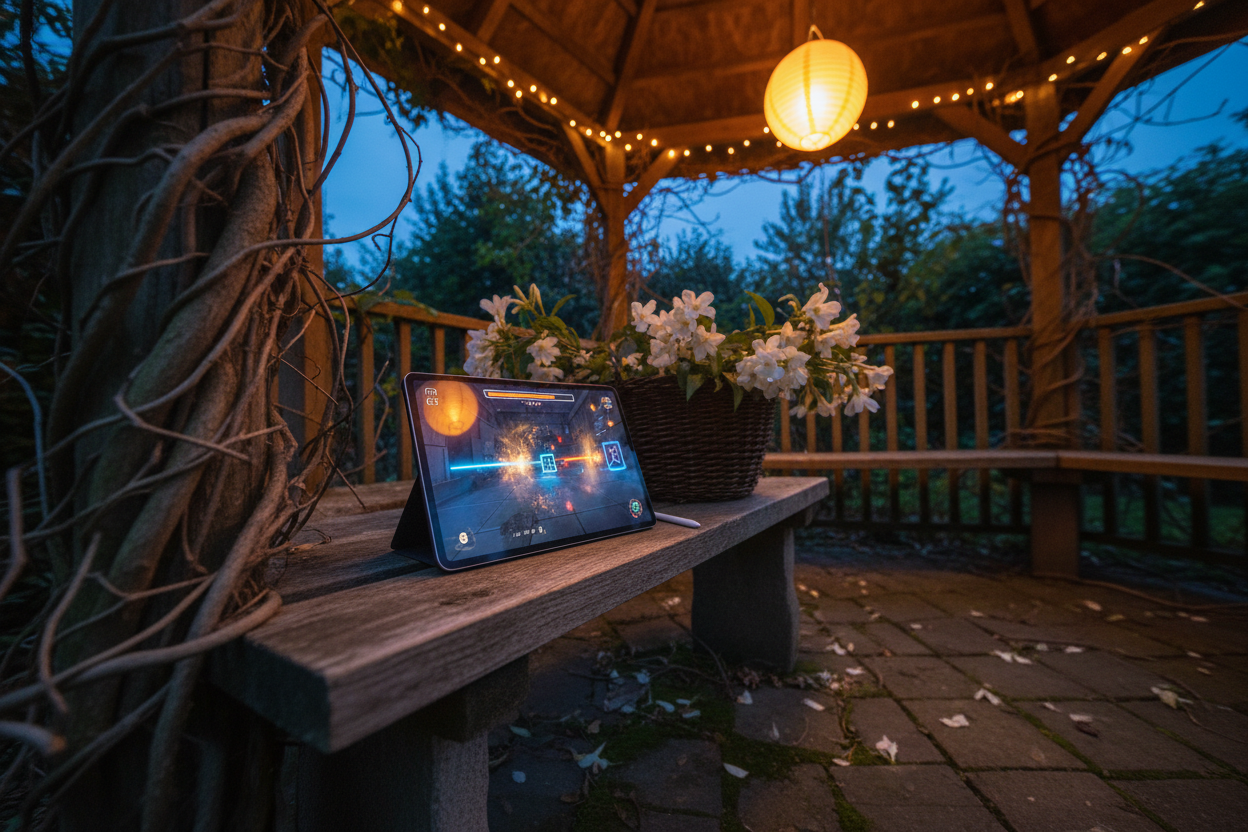How Fully On-Chain MMORPGs Like Block Stranding Are Redefining Player Ownership
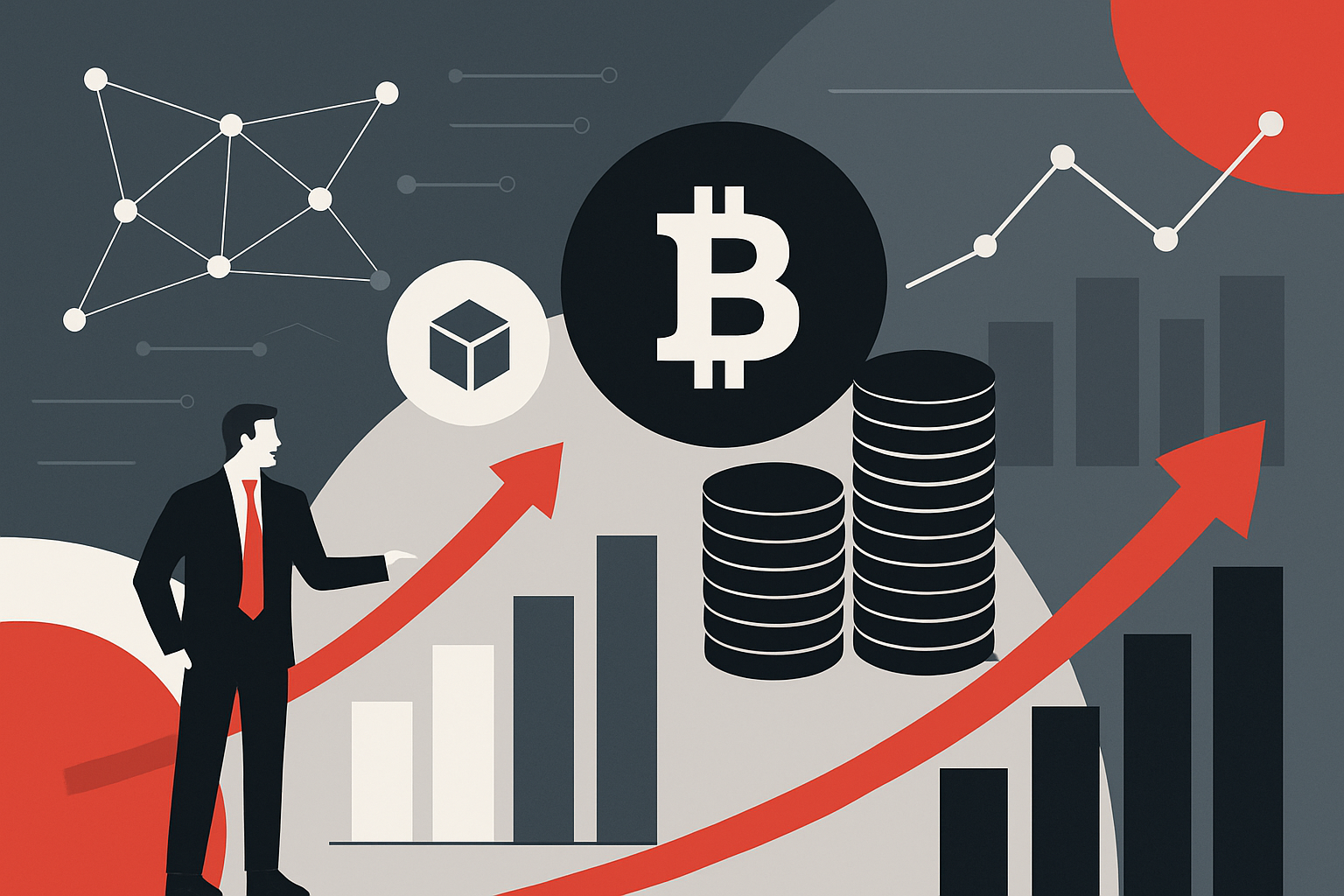
Fully on-chain MMORPGs are not just a technological leap for blockchain gaming – they’re fundamentally redefining what it means to own, earn, and influence in-game worlds. Block Stranding, a pioneering project built on Solana, is at the forefront of this movement. With every player action executed as a blockchain transaction via MagicBlock’s real-time engine, Block Stranding delivers an experience where transparency and true digital ownership are not just promises but technical realities.
![]()
What Makes a Fully On-Chain MMORPG Different?
Traditional MMORPGs rely on centralized servers that ultimately control all game logic, assets, and player progress. In contrast, fully on-chain MMORPGs like Block Stranding record game state, logic, and assets directly onto the blockchain. This means:
- Every action – from moving across the map to crafting items, is a verifiable blockchain transaction.
- Assets and achievements are stored as NFTs in your Solana wallet, not on a corporate database.
- No central admin can alter or revoke your inventory; you have full custody of everything you earn.
This model unlocks a new paradigm for on-chain game asset ownership, allowing players to freely trade, upgrade, or even use their items across interoperable games within the Solana ecosystem.
The Block Stranding Approach: Real-Time Decentralized Gameplay
At the heart of Block Stranding’s innovation is the use of MagicBlock’s Ephemeral Rollups technology. This solution enables real-time execution of gameplay while maintaining the security and auditability of the Solana blockchain. The result is a world where hundreds or even thousands of players can interact simultaneously without lag or bottlenecks – a feat that was previously difficult for fully on-chain games.
The game’s economy is powered by the native $STRAND token. Players can earn $STRAND through missions, PvP victories, and community events during Season 1. These tokens don’t just serve as rewards; they enable governance participation and unlock deeper layers of interaction with the evolving world of Block Stranding.
Key Features of Fully On-Chain MMORPGs Like Block Stranding
-
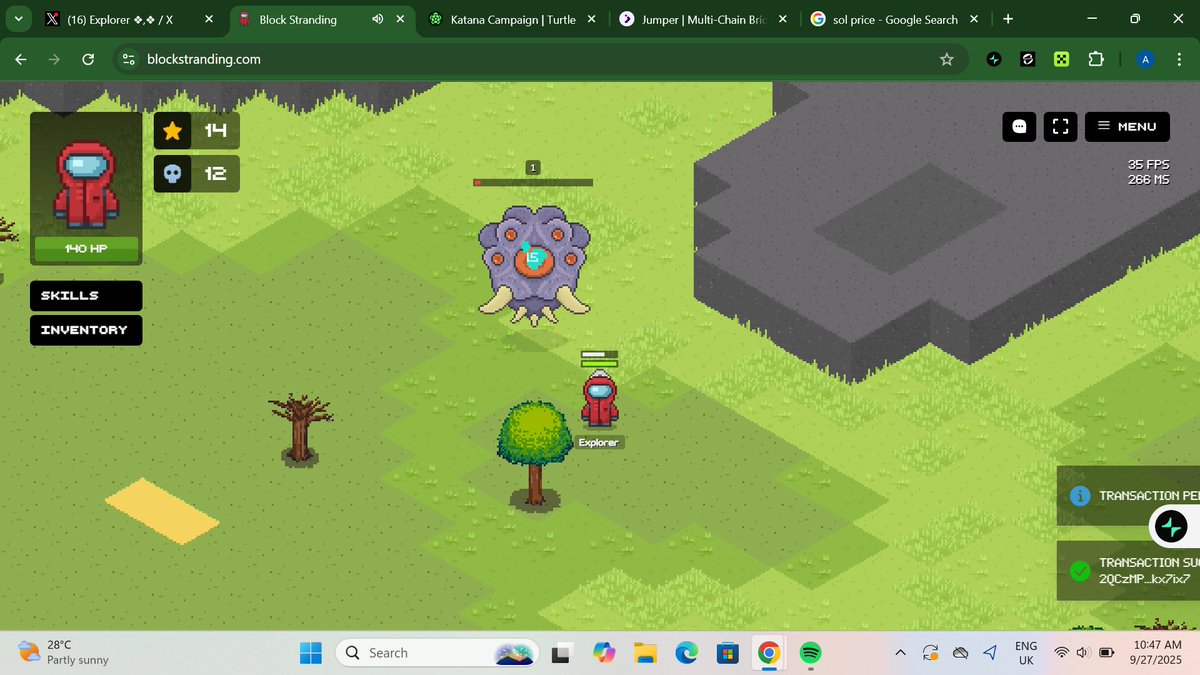
True NFT Asset Ownership: All in-game items, achievements, and inventory are stored as NFTs directly in players’ Solana wallets, ensuring permanent, tradable, and upgradeable ownership without reliance on centralized servers.
-
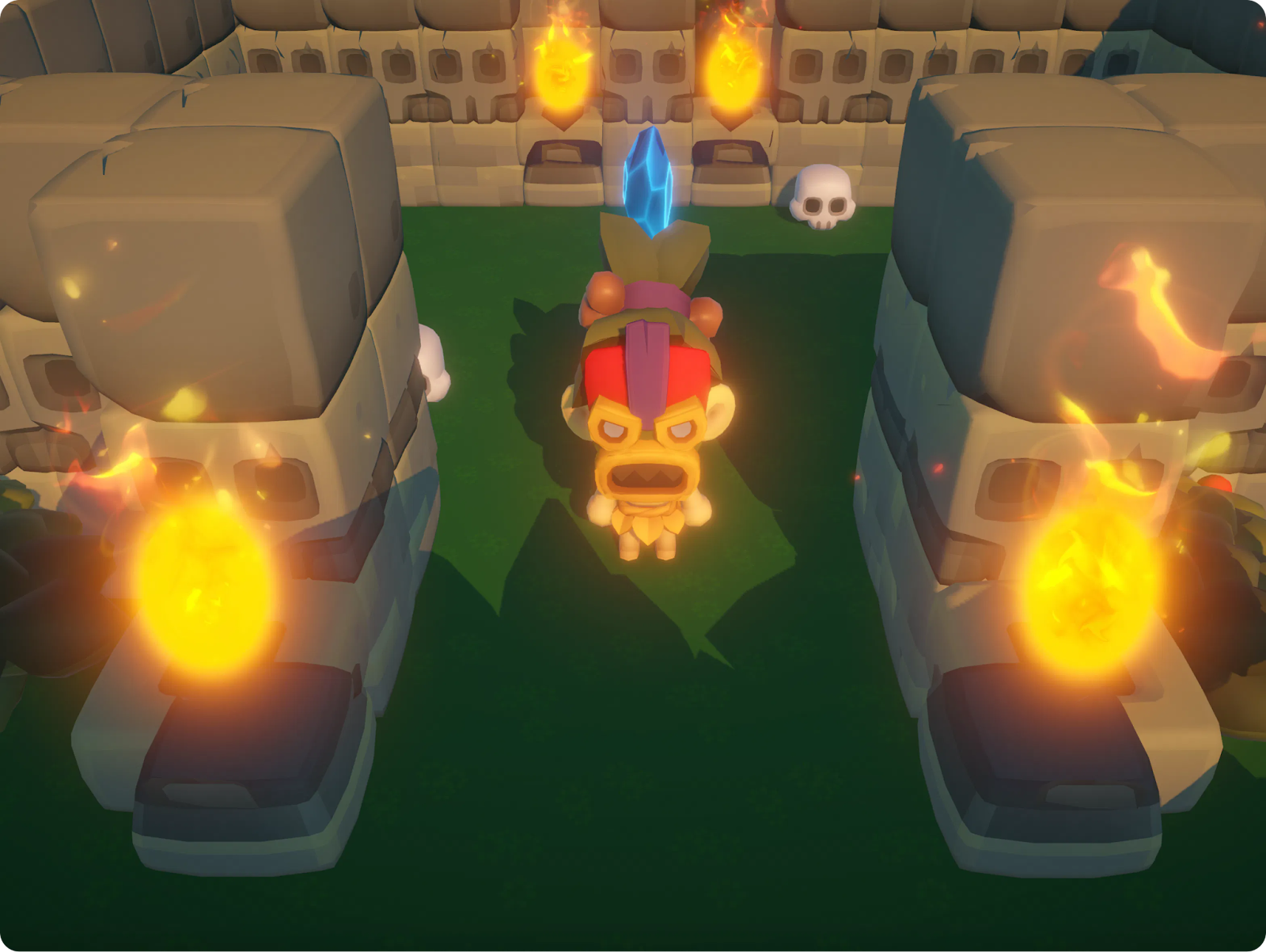
Decentralized Game Logic: Every move and action is executed as a blockchain transaction via MagicBlock’s real-time engine, guaranteeing transparency, immutability, and resistance to data manipulation.
-
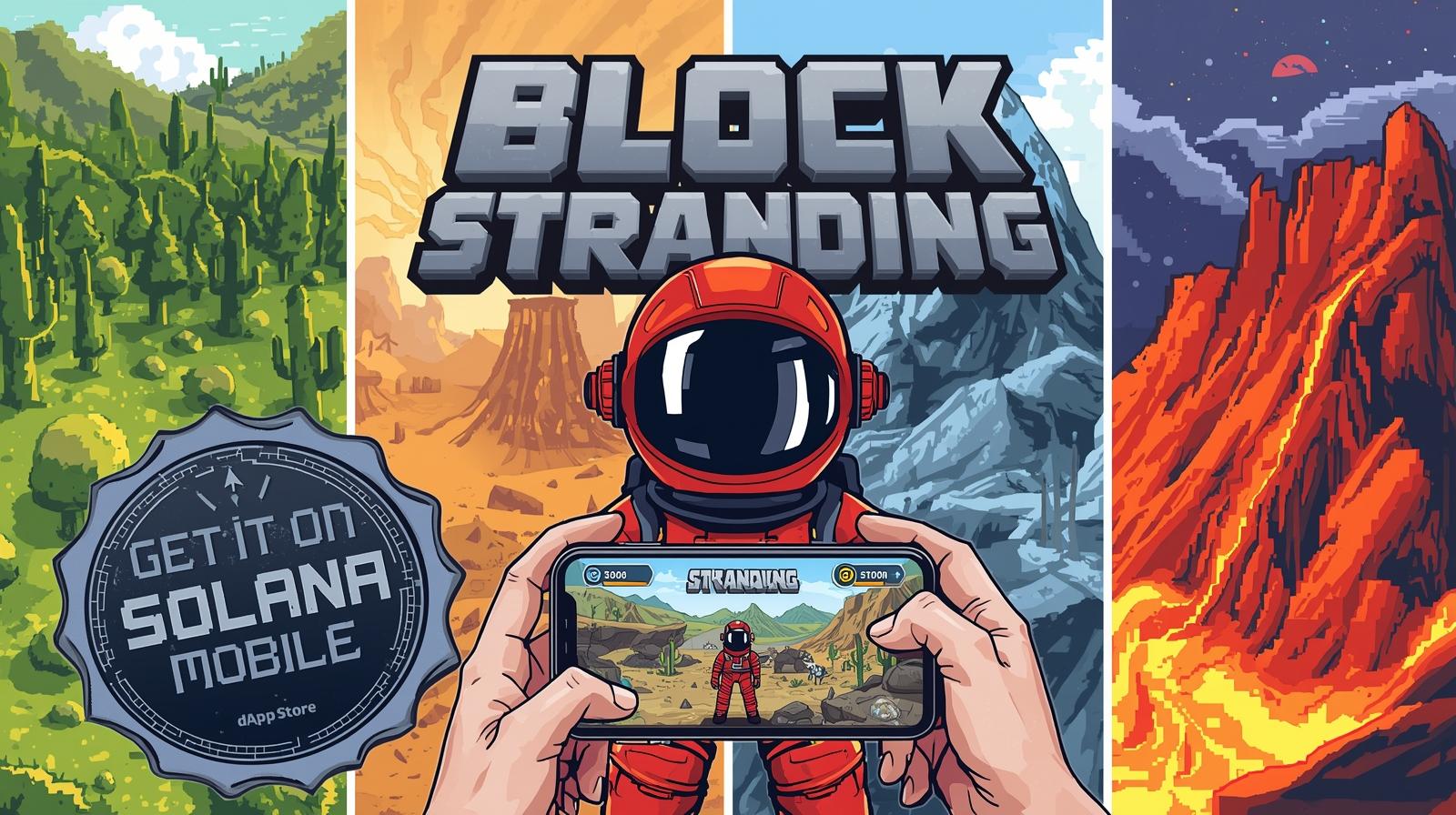
Real-Time, Scalable Gameplay: Leveraging Solana’s high throughput and low costs, Block Stranding supports real-time multiplayer experiences and can scale to accommodate large numbers of concurrent players.
-
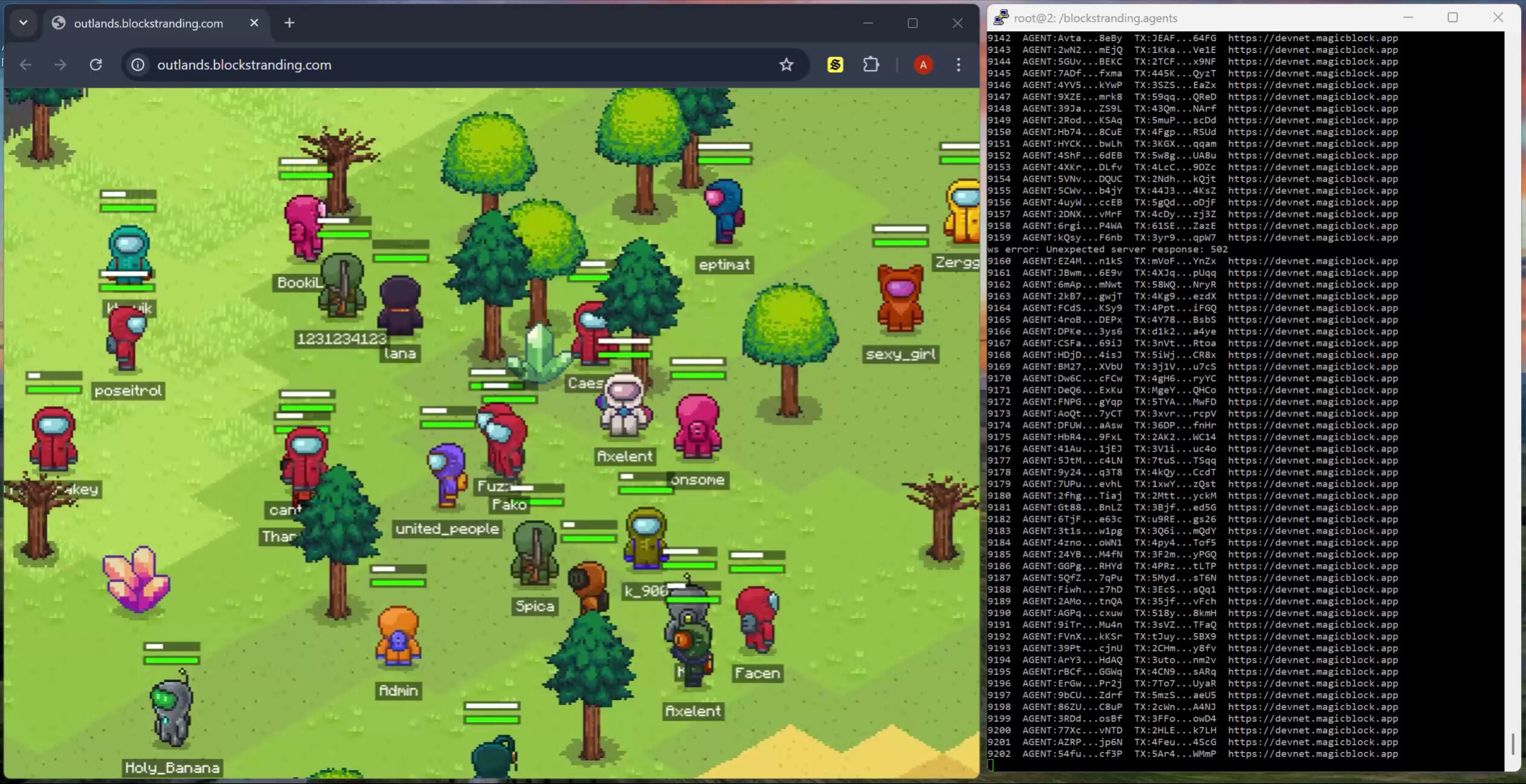
Community Governance: Players can earn and use the native $STRAND token for governance roles, enabling direct participation in shaping game rules, updates, and the in-game economy.
-
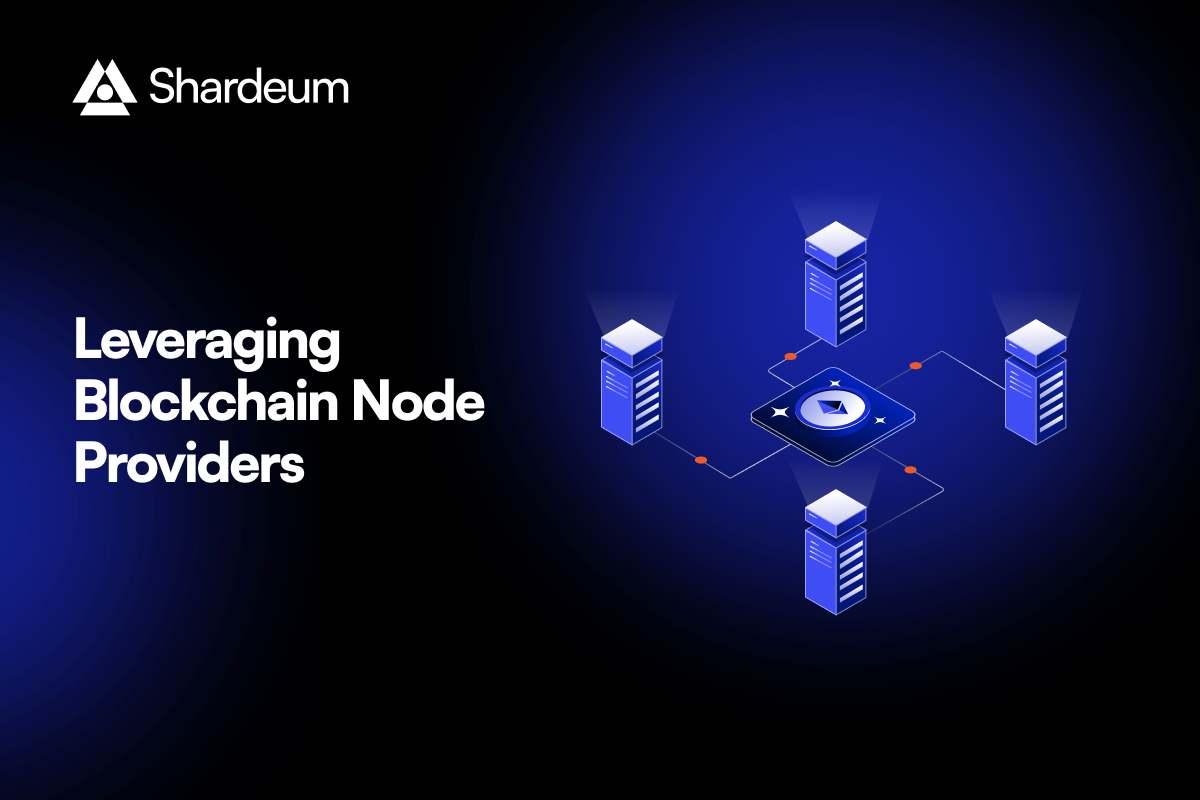
Serverless Architecture: By eliminating centralized servers, Block Stranding reduces the risks of data loss and manipulation, providing a fully transparent and community-controlled environment.
True Ownership: Inventory as NFTs in Your Wallet
The most revolutionary aspect for players is how ownership is handled. Every item, achievement, and piece of land you acquire in Block Stranding lives directly in your Solana wallet as an NFT or tokenized asset. There is no risk of losing access due to server shutdowns or administrative bans. This approach removes the single point of failure that has plagued traditional online games for decades.
This new model also means players can:
- Trade items peer-to-peer without permission from any central authority
- Leverage their assets in DeFi protocols or across other compatible games
- Participate in a transparent economy where scarcity and value are provable on-chain
For more details on how all items and achievements live directly in your Solana wallet as tokens and NFT assets, see the coverage at cryptotrade. wiki.
The Unstoppable Game: Eliminating Centralized Risks
By eliminating centralized servers and storing all logic and assets on the blockchain, Block Stranding minimizes the risks of data manipulation, censorship, or loss. The result is an unstoppable blockchain game that is community-governed and resilient against single points of failure. This architecture sets a new standard for transparency and trust in online gaming.
Players are already seeing the tangible benefits of this approach. When your legendary sword or rare artifact is an NFT in your wallet, it’s not just a line of code on a company’s server, it’s a digital asset with real-world value, transferable and tradeable at your discretion. This is the essence of decentralized game logic: the rules, rewards, and risks are encoded on-chain, not dictated by a publisher’s whim or a patch note.
Community governance is another pillar of the Block Stranding ecosystem. $STRAND token holders are empowered to propose and vote on changes to the game, from balancing tweaks to new content releases. This participatory model shifts power from corporate boards to the players themselves, aligning incentives and fostering a sense of collective stewardship.
Scaling for the Future: Solana and MagicBlock’s Role
Scalability has long been a sticking point for blockchain games, but Block Stranding’s deployment on Solana, paired with MagicBlock’s Ephemeral Rollups, demonstrates that fully on-chain MMORPGs can handle high player counts and complex real-time interactions. The recent AI-driven stress test proved the system’s resilience, with thousands of concurrent actions processed smoothly, a milestone that will be studied closely by other on-chain game developers.
As the technology matures, expect to see even more ambitious worlds emerge. With each innovation, the line between traditional and blockchain gaming blurs further, delivering richer economies, deeper player agency, and new forms of digital interaction.
Key Advantages of NFT Asset Ownership in On-Chain MMORPGs
-
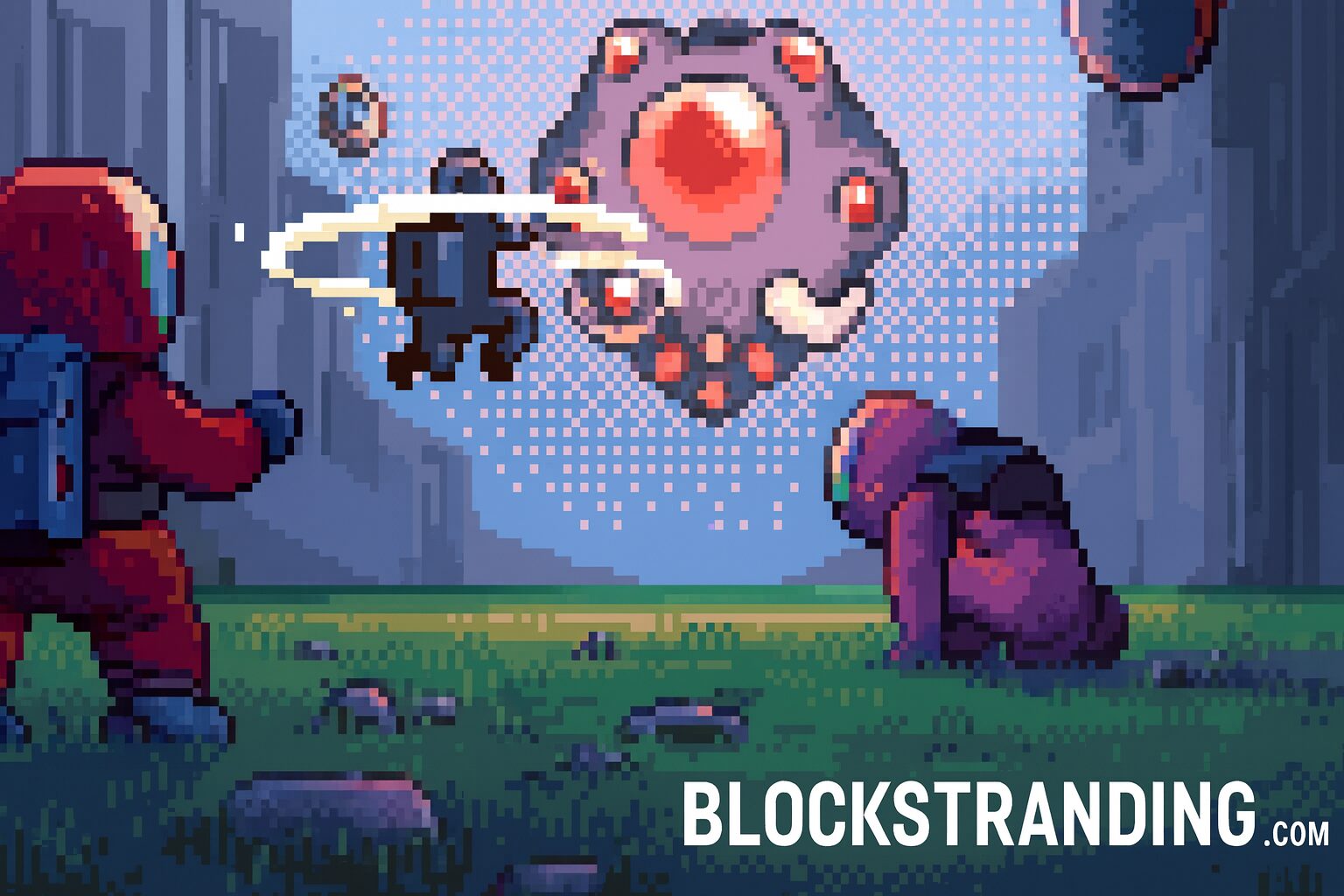
True Ownership of In-Game Assets: In fully on-chain MMORPGs like Block Stranding, all items, achievements, and inventory are stored as NFTs directly in your Solana wallet. This gives players permanent, server-independent control over their assets.
-
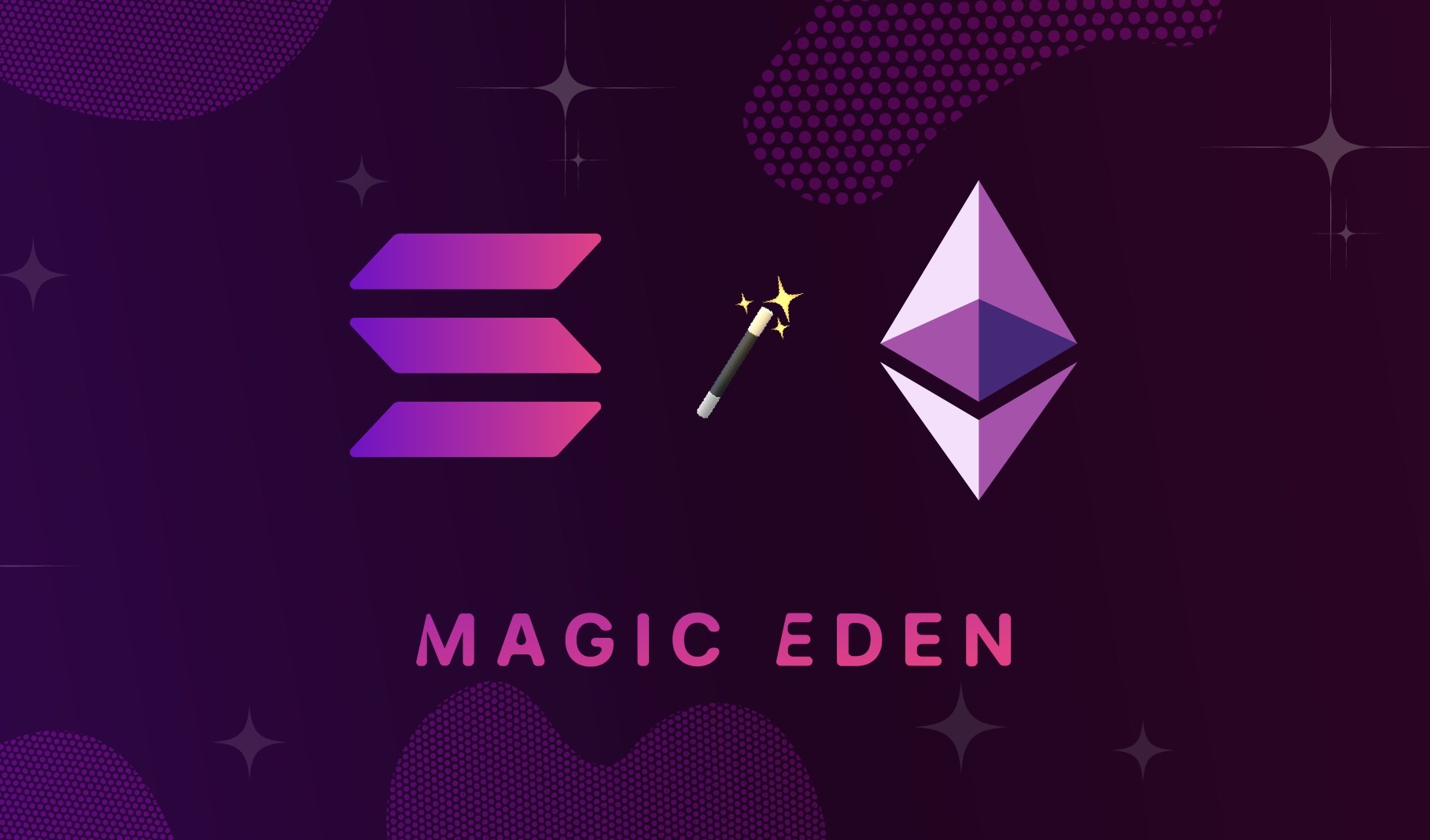
Freedom to Trade and Monetize: Since in-game items are NFTs, players can freely trade, sell, or transfer their assets on open marketplaces such as Magic Eden and OpenSea, unlocking real-world value.
-
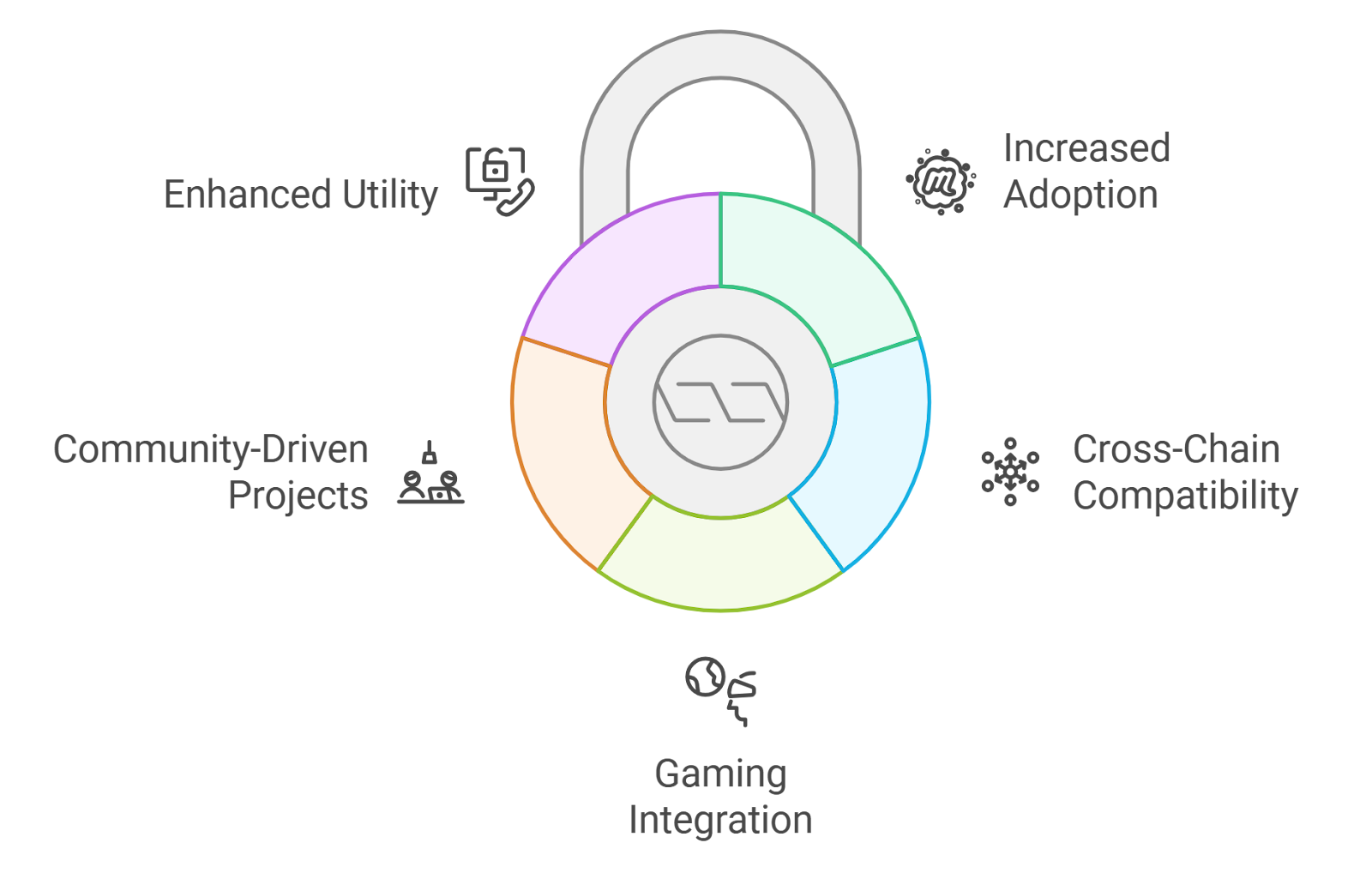
Interoperability and Upgradability: NFT assets can be upgraded or potentially used across different games and platforms that support the same standards, expanding their utility beyond a single title.
-
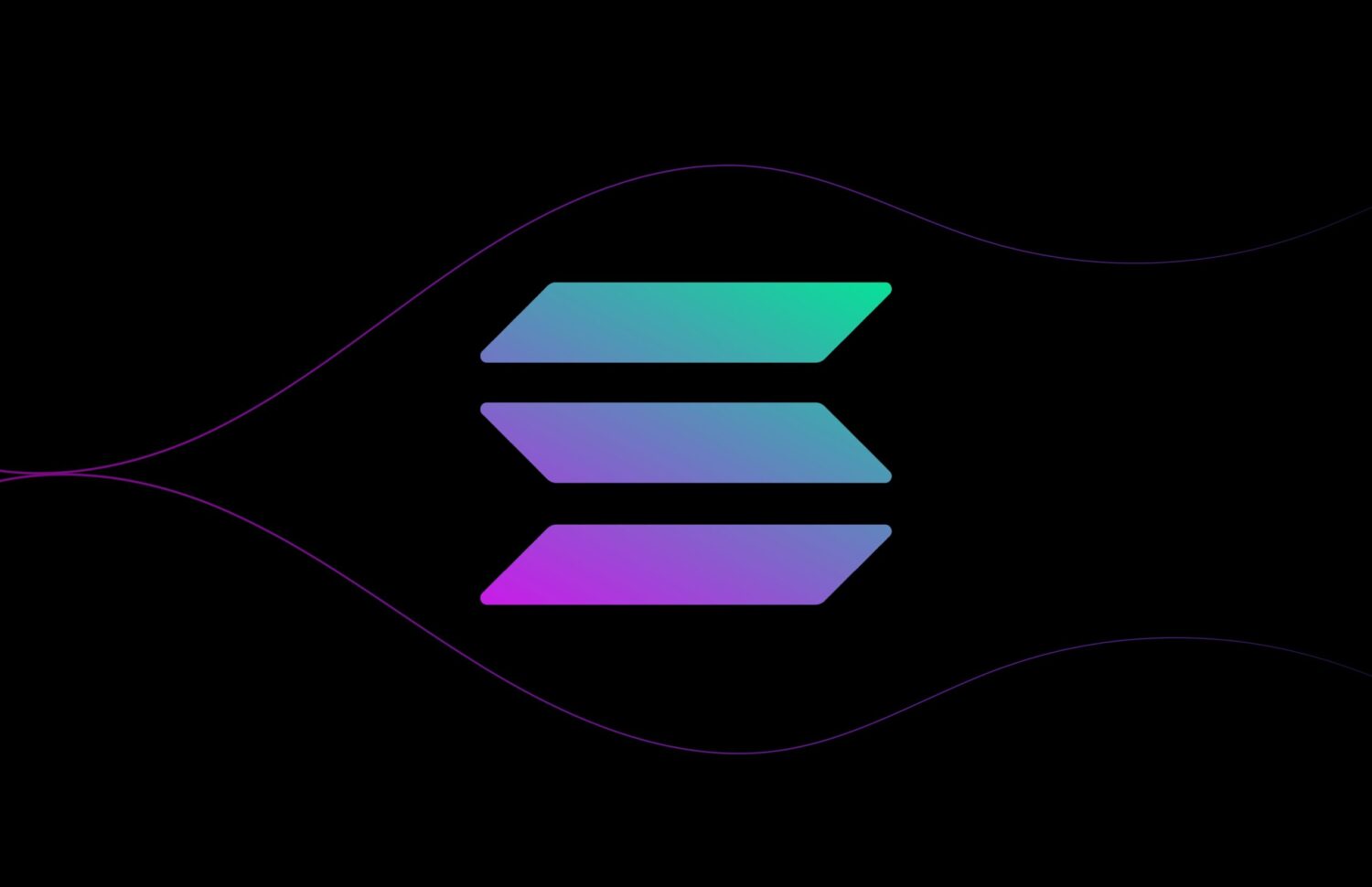
Transparency and Security: All transactions and asset histories are publicly recorded on the Solana blockchain, ensuring transparency, reducing fraud, and protecting player investments.
-

Community Governance and Influence: With tokens like $STRAND, players can participate in game governance, propose changes, and vote on updates, aligning the game’s evolution with the community’s interests.
Why It Matters: The Future of Player Ownership
Fully on-chain MMORPGs like Block Stranding are not just technical showcases, they represent a philosophical shift in how games are built and played. When you own your items, vote on governance, and interact with transparent, immutable systems, you’re not just a player, you’re a stakeholder in a living digital world.
For the first time, your time and achievements in-game can translate into real economic value and influence. Whether you’re grinding for $STRAND tokens or collecting rare NFT gear, your efforts are secured by the same infrastructure that underpins global finance. This is the promise of unstoppable blockchain games: open, resilient, and truly owned by their communities.
To learn more about the mechanics and vision behind Block Stranding’s approach to on-chain asset ownership and decentralized governance, explore detailed analysis at dapp.expert.






